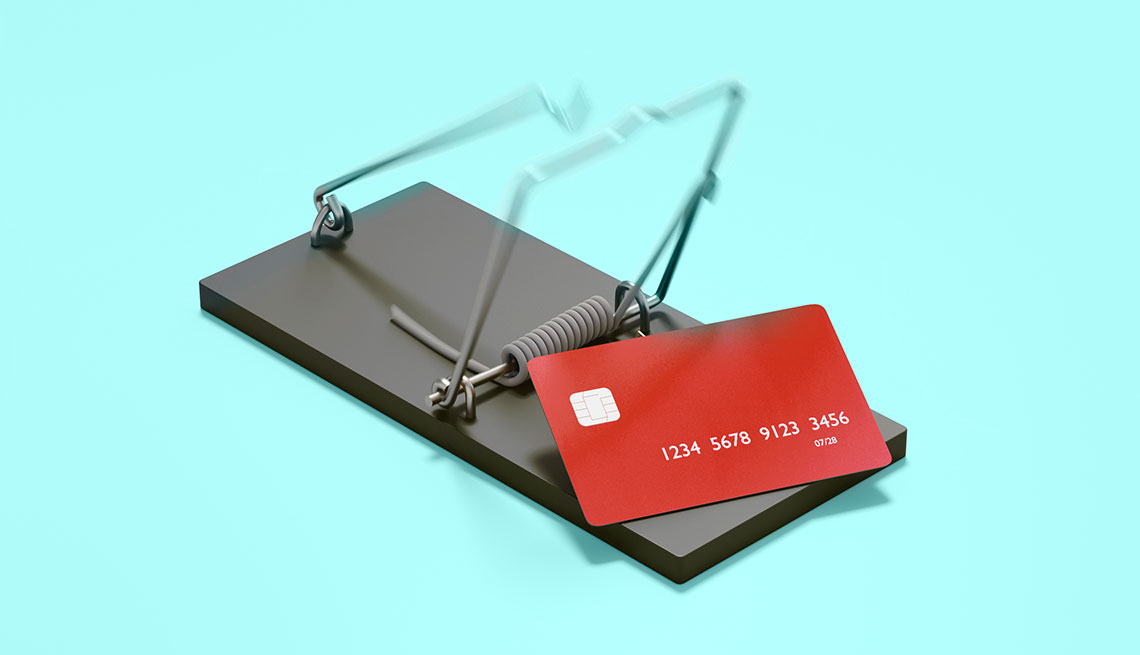
- Select a language for the TTS:
- UK English Female
- UK English Male
- US English Female
- US English Male
- Australian Female
- Australian Male
- Language selected: (auto detect) - EN
Play all audios:
Americans have accumulated $250 billion in credit card debt over the past two years, surpassing $1 trillion in total credit debt held by consumers. Getting into debt can cause a lot of
stress. Take comfort that your financial freedom is within your reach. Online tools, tips and calculators can help you figure your best way out of debt. We spoke with two financial experts
to help us navigate the best path. They shared these options for reducing the total out-of-pocket costs. 1. BALANCE TRANSFERS “If you find yourself overwhelmed by credit card debt, applying
for a balance transfer credit card is a great idea,” said WalletHub analyst Jill Gonzalez. A balance transfer moves the entirety of a debt from one card to a lower- or no-interest card.
These lower- or no-interest offers are usually for a limited time, so when you make the move, you want to be able to pay down the balance before the increased interest rate kicks in.
Usually, there’s a fee, such as 5 percent of the total transfer, so if you owe $5,000, you’re going to pay $250 for the lower rate. You can determine whether that’s the right move based on
what you’re able to pay per month and what the interest rate is. Using a balance transfer calculator from creditcards.com, you can determine whether a transfer option is right for you by
finding the savings break point. For example, if you have a card with a 20.99 percent interest rate and you can pay off a $1,000 balance with five $228 monthly installments, interest will
cost $49.99. That’s less than the 5 percent balance transfer fee of $50 on $1,000. But that scenario changes if you can’t afford $228 per month or if your interest rate is lower than 20.99
percent. Balance transfers are optimal when your budget is limited to smaller monthly payments. “If you can manage to pay off a balance in three months or sooner, or you can’t qualify for a
good 0 percent APR (annual percentage rate) offer, paying off your debt as quickly as possible might be the best, most cost-effective option,” according to NerdWallet. Some current balance
transfer offers include: * Citi Simplicity Card, which offers 0 percent for 21 months from date of transfer and charges a 3 percent transfer fee. * Discover it Balance Transfer, which offers
0 percent for 15 months and a 3 percent transfer fee until Sept. 10 (and 5 percent after that). * Citi Double Cash Card, which offers 0 percent for 18 months and a 3 percent transfer fee
for four months (and 5 percent after that). Will balance transfers impact your credit score? Gonzalez said yes, but the effect is temporary, lasting probably not more than a year. “In the
long run, the benefits will outweigh the negatives if you manage to repay your debt during the card’s 0 percent interest period,” she said.



